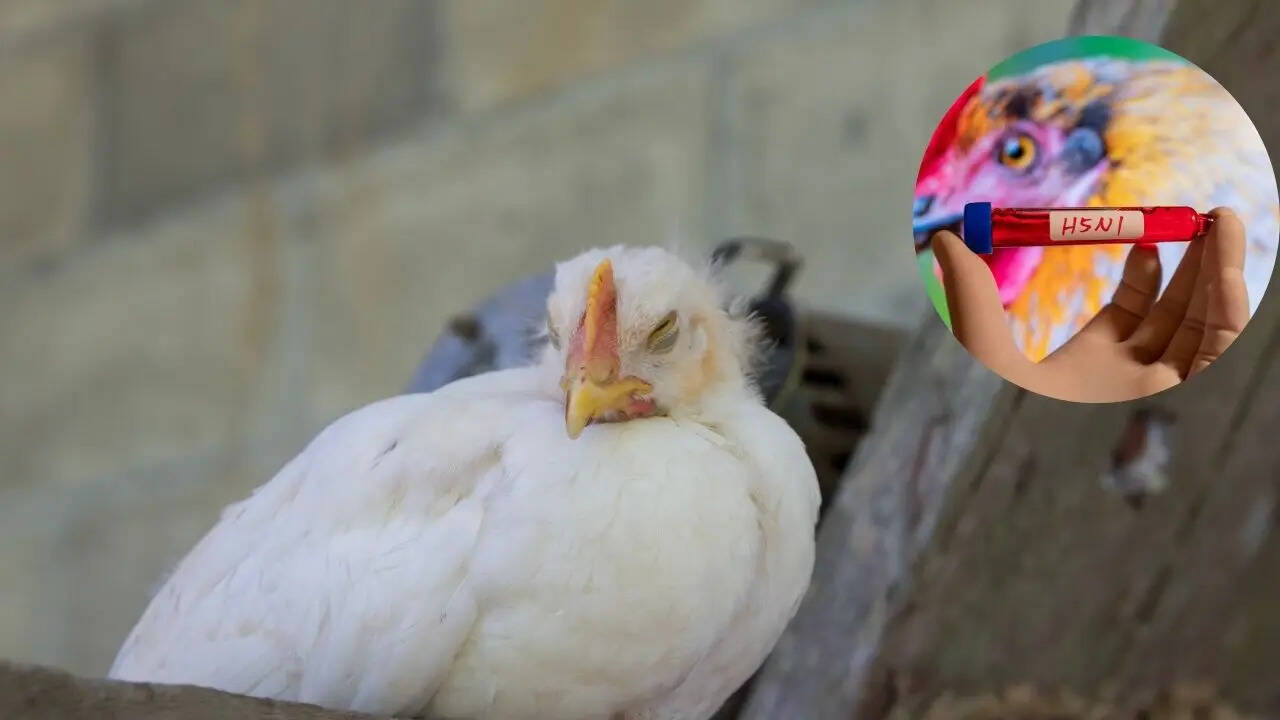First U.S. Human Bird Flu Case In Nearly A Year Confirmed In Washington—New Strain Detected

Credits: Canva
SummaryA Washington state resident has been hospitalized with the first U.S. human case of the H5N5 bird flu, a strain previously seen only in animals. While the risk to the general public remains low, experts urge caution for those in contact with poultry or wild birds.
End of Article
